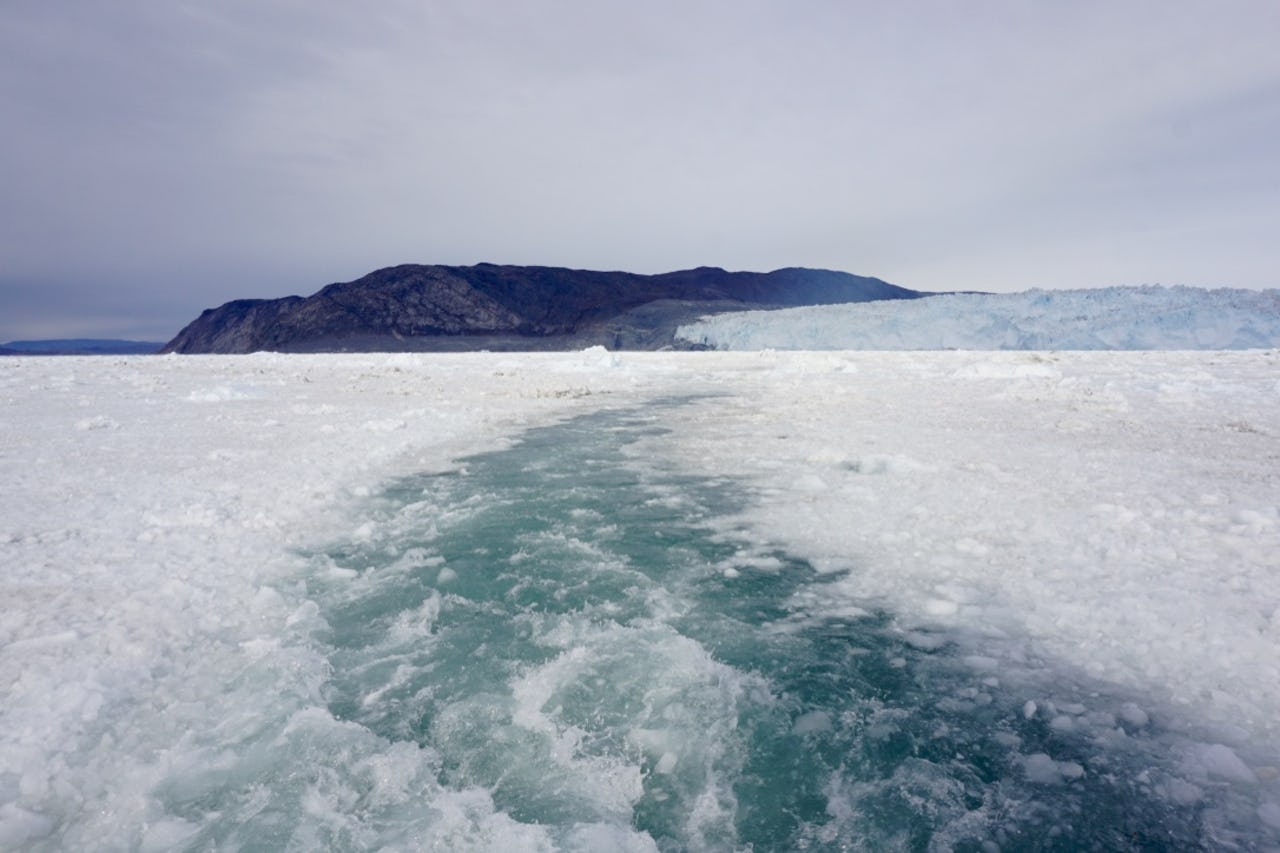Arctic International Relations in a Widened Security Perspective

Boat sailing on its way from the Eqi glacier. Ilulissat, Greenland. Photo: Marc Jacobsen
In a rapidly changing Arctic, there is a need to engage in a comprehensive investigation into what Arctic security means in the 21st century. Together with the Danish journal POLITIK, The Arctic Institute has, thus, published a Special Issue, which aims to widen the debate on Arctic security relations through a more comprehensive dialogue inclusive of the many different types of security, their interactions, and their challenges.
The Arctic Institute Arctic Security Constellation Series 2017
- Arctic International Relations in a Widened Security Perspective
- Desecuritization as Displacement of Controversy
- Soft Securitization: Unconventional Security Issues and the Arctic Council
- Regional Order in the Arctic: Negotiated Exceptionalism
- Arctic Indigenous Societal Security at COP21
- Post-colonial governance through securitization?
- What Kind of Nation State will Greenland be?
- The Arctic Security Constellation
Introduction: Arctic International Relations in a Widened Security Perspective
Since the militarization of the circumpolar north during the Cold War, the Arctic has been imagined and analyzed as a space of (in)security. The relic stations of the Distant Early Warning System and the still active Russian and American polar nuclear submarine fleets hold testament to the 20th century construction of not only a physical polar security space, but rhetorical spaces that came to construct an imagined North that informed southern publics and politicians whom would never travel above 66 degrees North. Today, one of the dominant narratives of and valuation metrics for the Arctic in public discourse is still one of security. It has been over two decades since the Cold War thawed into amiable relations between the Western powers and the Soviet Union. And yet, as the ice at the top of the world melts, there has been a stark increase in the focus of scholarship, journalism, and discourse on a race for resources and remilitarization in what has been termed the “new cold war”.
With this increasing securitization, the rhetoric that once divided the globe has been revived through narrow views of an Arctic security framework (Herrmann 2015). There are reports on how to avoid a new Cold War complete with photographs of tanks (Cohen et al. 2008); news articles on Russia preparing for an ‘ice-cold war’ (Scarborough, 2017); and interviews that suggest America is falling behind on the new Cold War over Arctic oil (Johnson and De Lucem 2016). As neither most politicians nor the citizens they represent will travel to the northernmost region, the warnings of chilled relations in the 21st century that loom in text and titles of scholarship and print media are integral in shaping perceptions of not only circumpolar security, but also opportunities to cooperate in mitigating those security threats. (…)